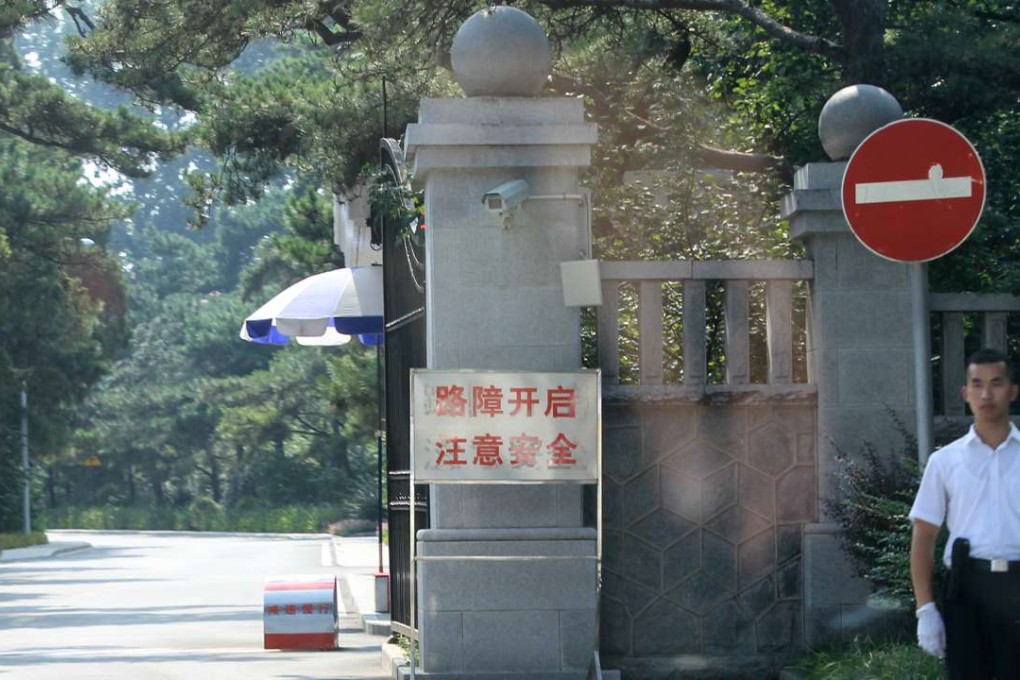Turning tides at the seaside: beach resort Beidaihe loses its place in the Chinese political sun
Political elites have rubbed shoulders at the sandy beaches of Beidaihe since the 1950s. But the significance of the meeting has ebbed in recent years as President Xi Jinping seeks to shift the Communist Party away from collective governance

Early every August, watchers of China’s 7pm state news broadcast will notice it no longer carries details about the itineraries of the nation’s seven most senior Politburo members.
The absence is a sign the leaders are escaping Beijing’s sweltering heat by retreating to the beaches of Beidaihe, a seaside resort in the heart of Bohai Bay about 300km to the east.
While there are no official schedules, agendas or statements acknowledging the closed-door meetings, Beidaihe has long been known as the backstage for intense power jockeying among the top echelons of the Communist Party and where policy direction is decided.
Communist Party elite head to Beidaihe for agenda-setting meetings
But analysts say the significance of the annual meeting in charting the nation’s course has been ebbing, especially under President Xi Jinping as he moves the party away from its traditional style of collective governing. The public now places more importance on the gatherings than the leaders do, they say.
It’s an opportunity for them to discuss matters of interest without the intense pressure of ... the normal working period
A recent visit by South China Morning Post found security in Beidaihe is intense, with every vehicle entering Qinhuangdao city required to register and apply for a temporary permit. While there’s no official signs or posters about the meeting, it’s the worst-kept secret in town.
“Beidaihe is the place where top leaders usually take their summer vacations, which means … they could and often gather together to discuss matters that they would not normally do [when] they were taking charge of their respective portfolios full time,” said Professor Steve Tsang, a senior fellow at the China Policy Institute at the University of Nottingham.

“This is what makes such meetings important – it’s an opportunity for them to discuss matters of interest without the intense pressure of time restraints in the normal working period,” he said.
While Beidaihe shares similarities to Camp David, a retreat for US presidents north of Washington, it is more secretive, partly because it has rarely served as a diplomatic venue.